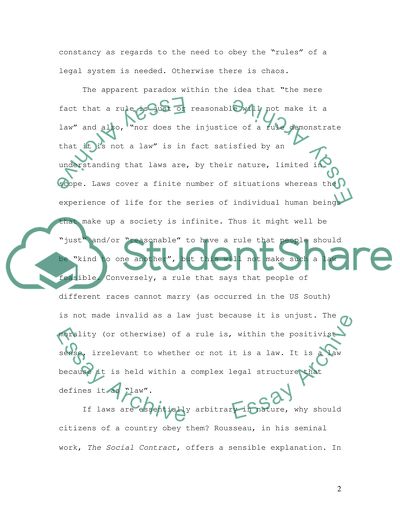Cite this document
(“Positivism Essay Example | Topics and Well Written Essays - 2000 words”, n.d.)
Retrieved from https://studentshare.org/philosophy/1526772-positivism
Retrieved from https://studentshare.org/philosophy/1526772-positivism
(Positivism Essay Example | Topics and Well Written Essays - 2000 Words)
https://studentshare.org/philosophy/1526772-positivism.
https://studentshare.org/philosophy/1526772-positivism.
“Positivism Essay Example | Topics and Well Written Essays - 2000 Words”, n.d. https://studentshare.org/philosophy/1526772-positivism.


